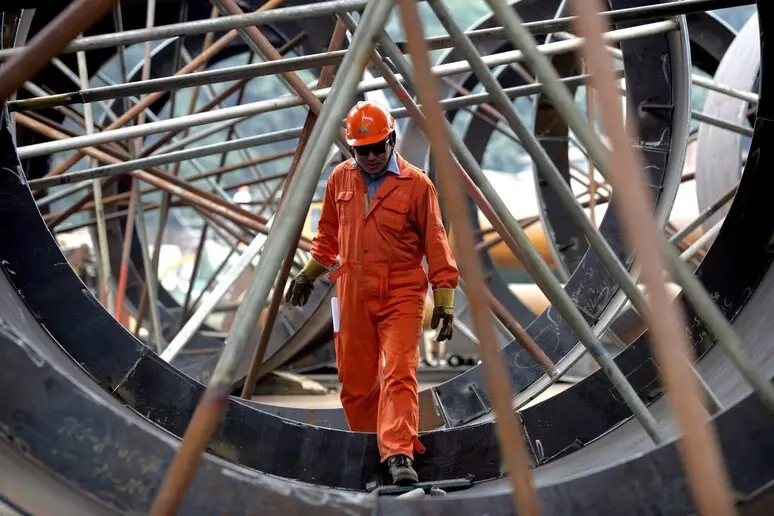The tensions from the trade war initiated by President Donald Trump are leaving deep marks on U.S. businesses. A survey conducted by Duke University and the Federal Reserve Banks of Richmond and Atlanta revealed that 25% of companies have reduced their hiring plans for 2025 due to economic uncertainty. Another concerning figure is the contraction in capital spending, also reported by a quarter of the CFOs surveyed.
The instability has led to a sharp decline in optimism among CFOs who view tariffs as the main obstacle to growth, surpassing other issues like taxation and immigration. According to Professor John Graham from Duke University, the unpredictable nature of tariff decisions generates anxiety and confusion in the private sector, pushing many companies toward a cautious approach.
The data confirms that 70% of businesses do not plan to alter their hiring plans because of tariffs, while only 6% have expressed a desire to increase the number of employees. Concerns about tariffs extend beyond the labor market; their impact stretches to overall business strategy.
Within just a few months, tariffs have shifted from being a secondary issue to becoming the primary source of concern for American companies. At the end of last year, they were ranked ninth among the most pressing issues; today, they dominate the list. According to Graham, the gap between tariffs and the second most important issue is the widest it has been in the 20 years the survey has been conducted.
Companies are facing challenges not only due to the imposition of tariffs but also because of their chaotic management.
Uncertainty has also increased due to a lack of clarity regarding tariff exemptions under the United States-Mexico-Canada Agreement (USMCA), signed by Trump during his first term.
Executives are also worried about the potential domino effect of the tariffs: on one hand, the increase in import costs could reduce new hires; on the other, retaliatory measures from other countries could affect American products, weakening foreign demand.
The discontent in the private sector is set against an already fragile economic backdrop. A report published by The Conference Board, a research and analysis organization, highlighted a collapse in consumer confidence, which has dropped to its lowest level since January 2021. According to Stephen Moore, former economic advisor to the President, the risk is that this negative perception will translate into a real brake on the economy, reducing consumption and investment.
The White House, however, defends its tariff strategy, arguing that it is leading to substantial investments in the U.S. and exponential growth without inflation. According to the administration, tariffs remain an essential tool to protect U.S. industry and rebalance international trade.












